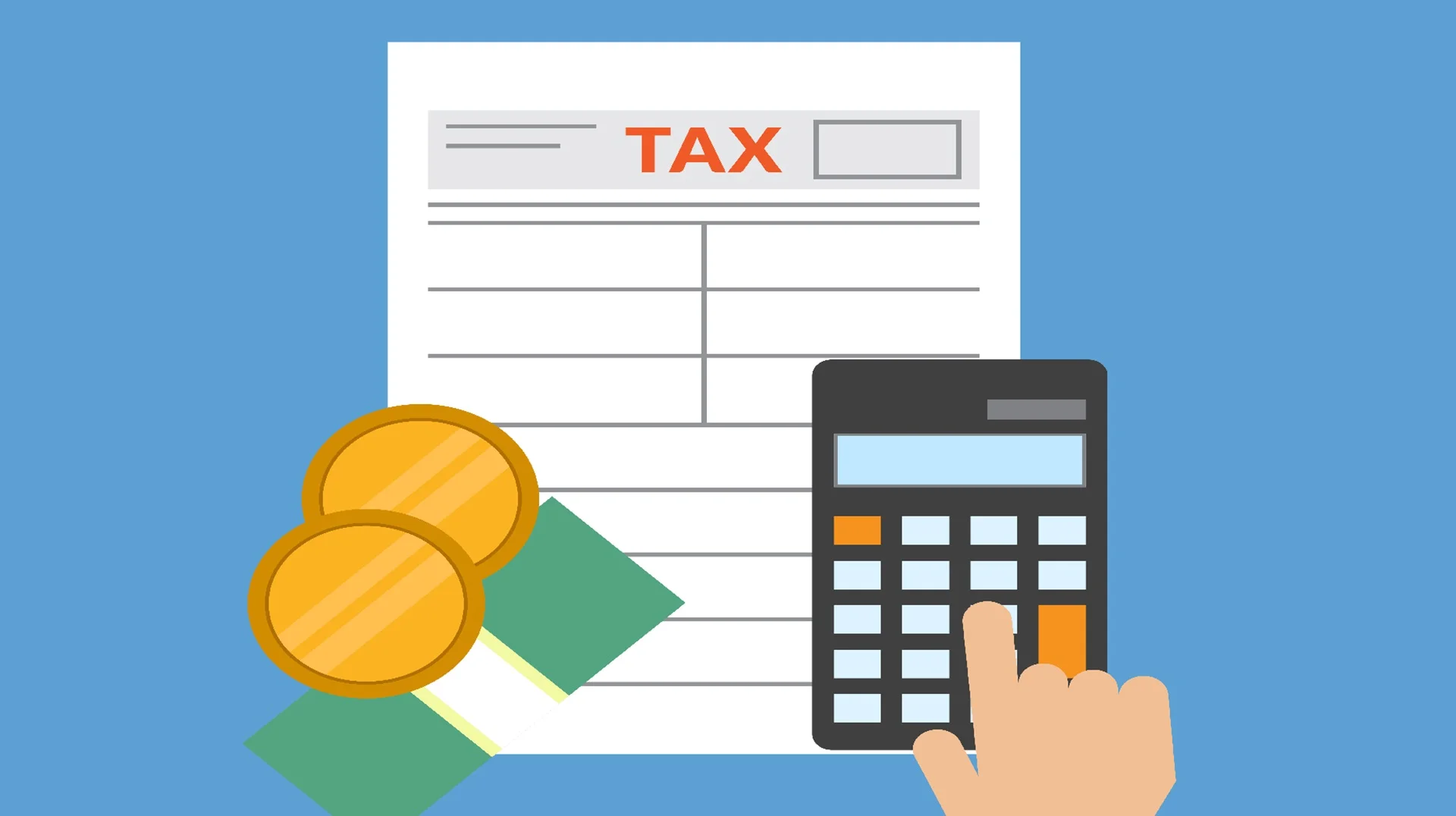Tax deed sales have become an increasingly popular method for real estate investors to acquire properties at significant discounts. When a property owner fails to pay property taxes for a certain period, the local government can auction the property to recover the unpaid taxes. These auctions often attract investors looking for a deal, with the promise of owning a property outright after the...
Tax Deed Auction Properties
Investing in tax deeds can be incredibly profitable, but it comes with its fair share of challenges. One of the most critical challenges investors face is dealing with title issues. These problems can seriously affect the profitability of your investment—or even wipe it out entirely. Whether you’re new to tax deed auctions or a seasoned investor, understanding how title issues arise and how to avoid...
One of the most common mistakes in risky tax sales is overestimating a property's actual value. Many deed hunters rely too heavily on the county’s assessed value or outdated online listings, assuming these reflect the true market price. In reality, these figures can be misleading. A property might look like a bargain on paper but could be in a declining neighborhood, suffer from structural damage, or be...
Tax deed auctions are a method used by counties to recover unpaid property taxes. When a property owner fails to pay their taxes, the local government has the right to sell the property to recover those funds. This process results in a public auction where bidders can purchase properties—sometimes at significantly discounted prices. For many investors, this appears to be an exciting opportunity....
Before you place your first bid, it’s crucial to understand what a tax deed home actually is. When a homeowner fails to pay property taxes, the local government may auction off the property to recover the unpaid taxes. Unlike tax lien sales, where buyers purchase the debt, a tax deed sale transfers ownership of the property itself. That means if you win the bid, you could become the legal owner of the...
Property tax deed auctions are public sales held by county governments to recover unpaid property taxes. When a homeowner fails to pay property taxes for a set period, typically several years, the county can auction off the property to recover the owed amount. Unlike tax lien sales, where investors buy the debt, tax deed auctions involve purchasing the actual property. Why Property Tax Deed Auctions...
Tax deed auctions are public sales of real estate properties that have been seized due to unpaid property taxes. When property owners fail to pay their taxes, counties have the authority to sell those properties at auction to recover the delinquent taxes. These auctions can be a great opportunity for investors looking to buy real estate at potentially below-market prices. However, the process and...
In a tax deed property sale, the government auctions properties to recover unpaid taxes. These sales offer opportunities for investors and buyers—but they come with risks. Avoiding common mistakes can make the difference between profit and a financial setback. Skipping Thorough Research One of the biggest errors is skipping due diligence. Before the auction, research each property inside and out....
If you're diving into the world of tax deed investing, you're likely chasing more than just property—you're searching for hidden gems that others overlook. These under-the-radar properties offer great potential, but finding them requires a mix of strategy, patience, and inside knowledge. The thrill of locating undervalued real estate for a fraction of its market value is what brings many to tax deed...
Winning a property at a tax deed auction can be an exciting and rewarding moment, especially for investors seeking hidden real estate gems. However, the steps following your victory are crucial and can determine whether your investment becomes a success or a liability. This guide walks you through what typically happens after winning a tax deed auction, so you know exactly what to expect. Understanding...











